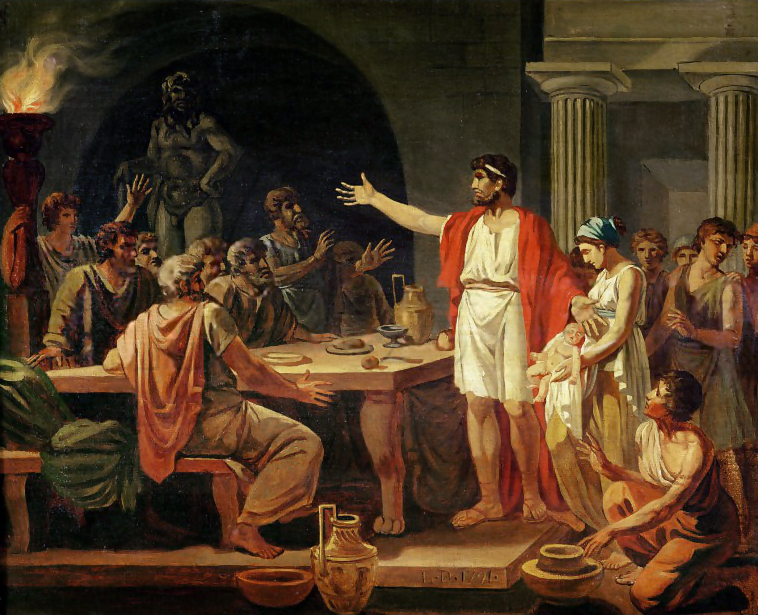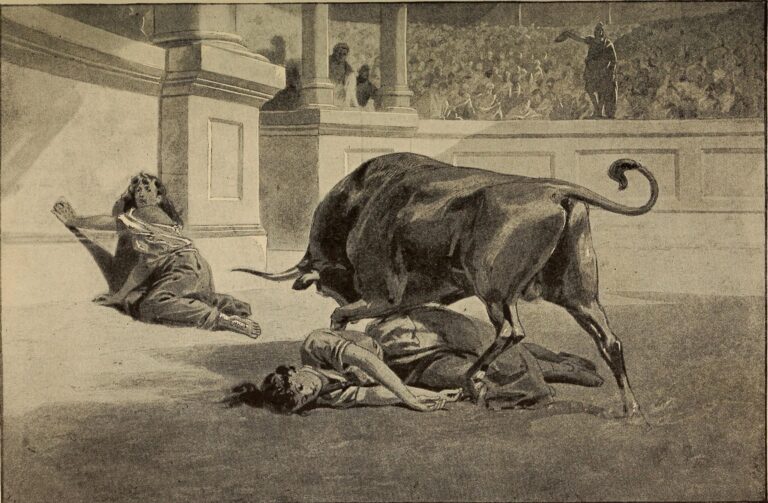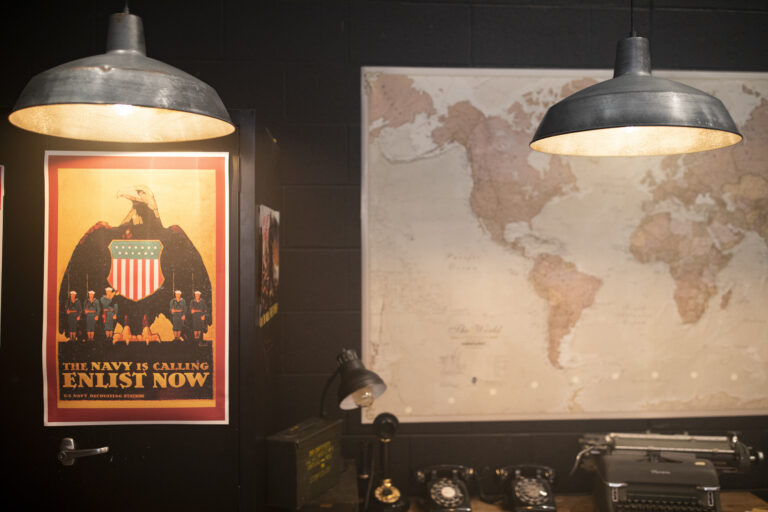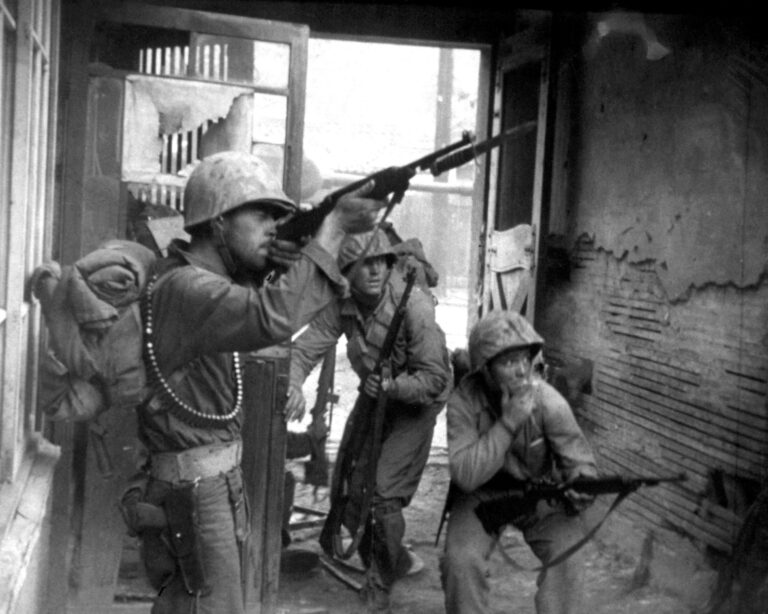The Spartan Way of Life
Most of us would shudder at the thought of living the Spartan way of life. It would be contrary to some of our most fundamental ways of thinking. For example, the Spartans would not have thought of family dinner as a good or noble daily practice.
We’re used to a modern lifestyle. Many luxuries we take for granted as almost basic necessities would have been entirely unknown in the ancient world.
But the Spartan way of life was extreme even among the ancients, as Dr. Paul Rahe describes in “Athens and Sparta.”
Some ancient civilizations left behind great monuments of themselves. For example, Athens left behind numerous literary and philosophical works that give us glimpses into their way of life. Sparta was not such a civilization.
Although the Spartan’s themselves left little to describe their way of life, many of the ancient writers were impressed enough to leave their own accounts. We have descriptions of the Spartan regime from Herodotus, Thucydides, Xenophon, Aristotle, and Plato.
Isolated from most of the world by the mountains surrounding them, the Spartans became a military society and a formidable land power. They did this by forming their citizens into soldiers from boyhood. Dr. Rahe describes the process:
They have a military education, something like Cub Scouts and Boy Scouts, which are really modeled on the ancient Sparta. That is to say, at the age of seven, a boy would leave home. He would be taken over by the city, and he would begin a kind of training that would not end until he was eighteen or nineteen. It is called the agōgē.
After that, he will join a squad called the phiditia, and for almost the next 30 years of his life, 27 years in fact, he will take his meals with that phiditia. He will live with them in a kind of barracks situation until he’s 45, which means he will not be living with his wife in that period. His real world is this world of his comrades in arms with whom he takes meals and with whom he actually lives.
The larger Spartan society maintained a similar solidarity. Dr. Rahe continues, “The Spartans have a kind of indoctrination in the citizenship that is aimed to make them feel things in common, and everything is done to undercut individualism.”
Property was given to individuals by the city and individuals had no rights to buy, sell, or give it away. The bonds between fathers and sons were intentionally weak. Sparta desired their citizens to be loyal to the regime instead of their families.
The city demanded boys to be separated from their families because it demanded that men go to war and die for the city. In return, the city promised them immortality.

Dr. Rahe quotes the Spartan poet Tyrtaeus:
He who falls in the front ranks and gives up his spirit, so bringing glory to the town, the host, and his father, with many a wound in his chest with a spear from in front, has been thrust through the bossy shield and breastplate: this man they will lament with a grievous sense of loss, the young, and the old, and the city entire. His tomb and his children will be noted among humankind, and the children of his children and his lineage after them.
Never will his shining glory perish, and never his name, for he will be an immortal, though under the earth, the man who excels all others, and standing his ground in the fight for his children and land, he whom the raging Wargod destroys.
The Spartan way of life was brutal, but it brought the city and the citizens great glory. Whether the glory is worth the cost is a question that each regime must answer for itself.







